Ag yields decline by 25% by 2050
Based on The Future of B.C’s Food System report, current and potential future impacts of climate change were identified as one of the most pressing threats facing the B.C. agricultural sector.

Aging ag labor demographic & urbanization
According to CAHR, the global demand for Canada’s Food products increases while the labour force shrinks – labour gap that is expected to double by 2025. 16,500 jobs unfilled in 2017 – 2.9$B revenue loss.

Lack of transparency in the food system
According to the Canadian Centre for Food Integrity, 93% of Canadians know little to nothing about farming and food production and 60% want to know more. There has been an erosion of perceptions including direction of the food system and topics, such as animal welfare.
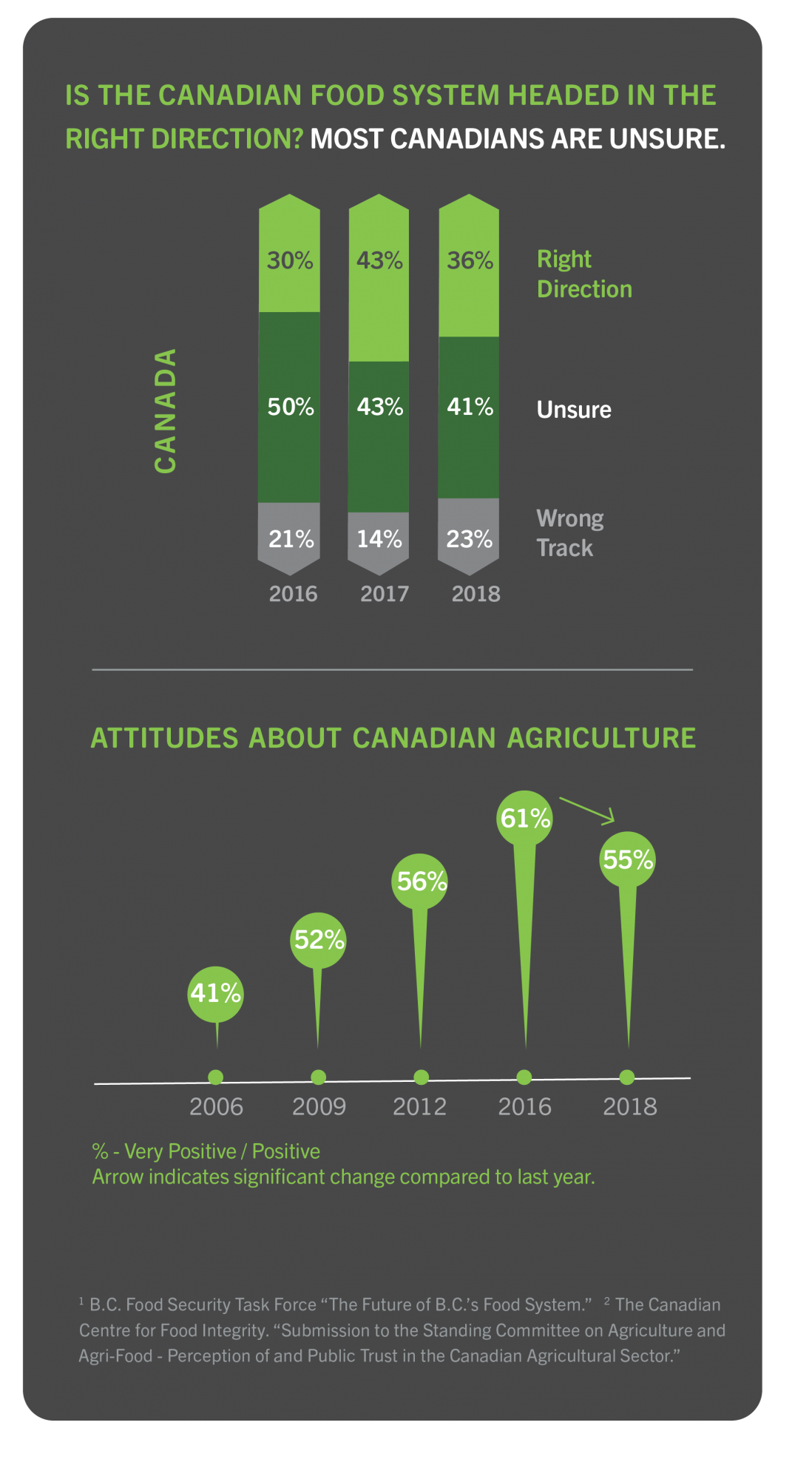
BC Needs a technology-based innovative farming model
Framework
Strategic Focus on Agtech
Innovation and technical support
for value-added production,
processing and distribution.
Connected R&D
Eco-system and Infrastructure
Coordinate the collaboration of complimentary resources for R&D,
testing and demonstration.
Ag talent
development
Innovation and technical support
for value-added production,
processing and distribution.
Financial support AND sustainable business development
Coordinate the collaboration of complimentary resources for R&D,
testing and demonstration.
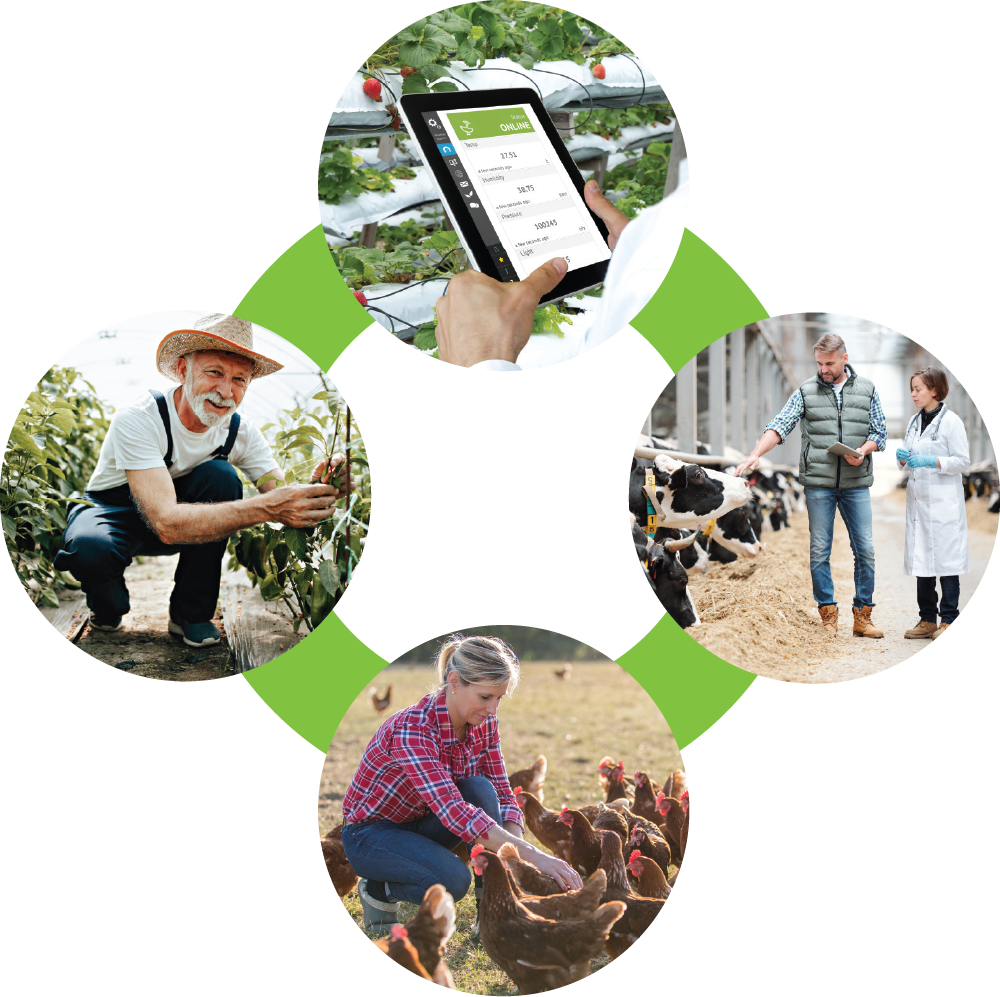
BC is Ready To Be A Global Agtech Leader
Future of BC Food system report
In order to implement a strong Food Security System for BC, the province needs to embrace Agtech models that support the entire innovation pathway.

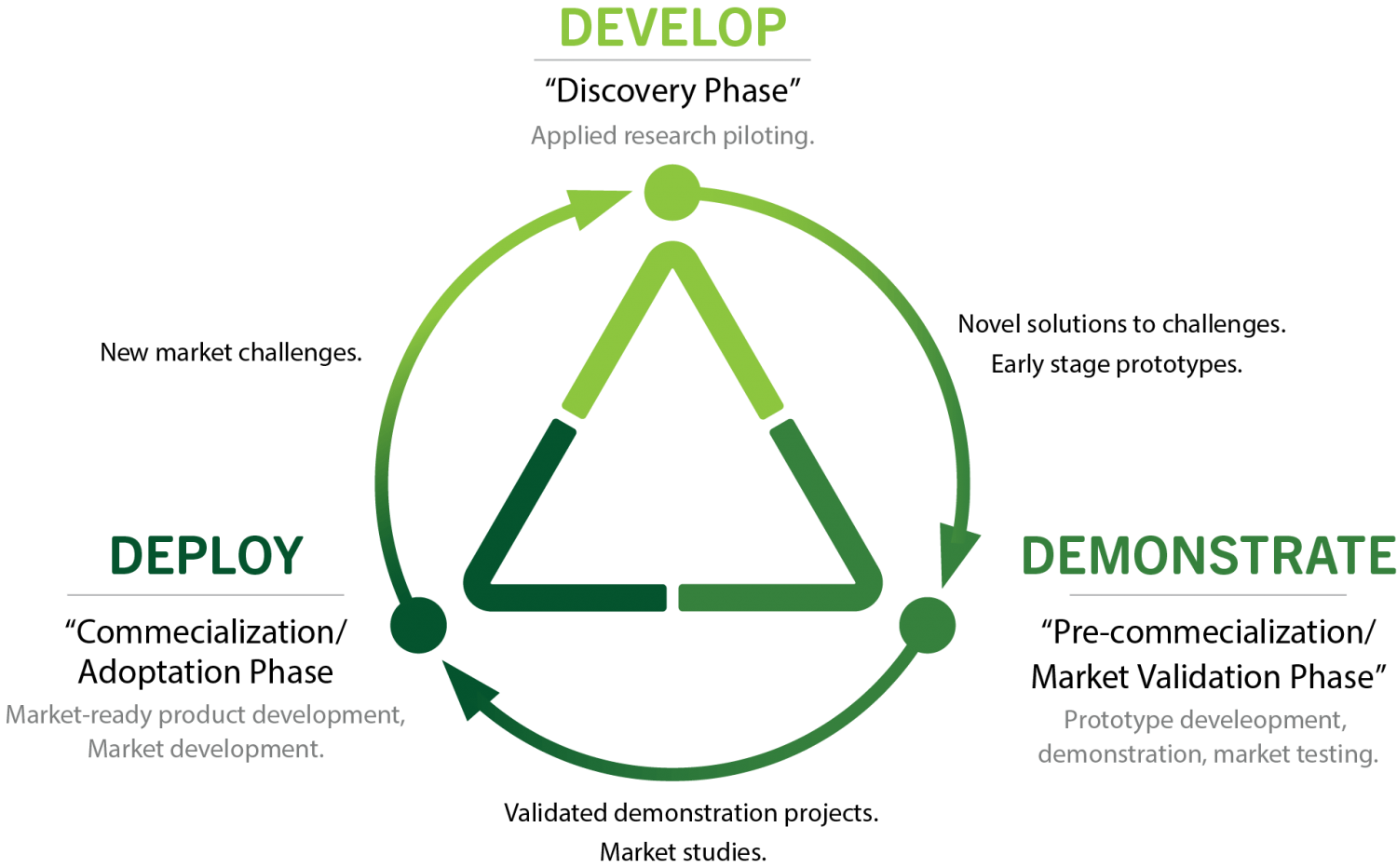
We Can Learn From the Netherlands
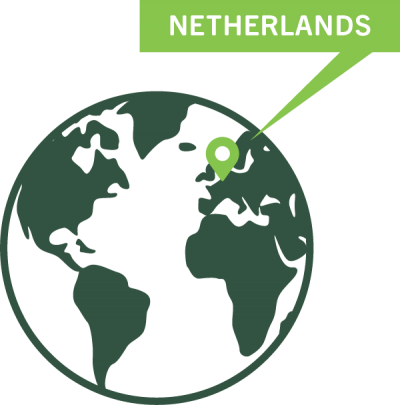
Success In the Netherlands
Ranks 131st in land area, 18.2% market share of food exported, $31B annually. Success attributable to agricultural intensification, focus on high-value products, investment in R&D, strong supply chain logistics, agricultural land protection. Dutch Agtech generates $10B and adds 50% in value to agriculture.
How are they doing it
The Dutch Topsector/Triple Helix Approach helps in identification of priority sectors in the economy that can be stimulated to bolster country growth + societal issues. Framework between industry, academia, and government. Wageningen University collaborates with private sector. Dutch government creates incentives to increase collaboration.
We Can Learn From Israel
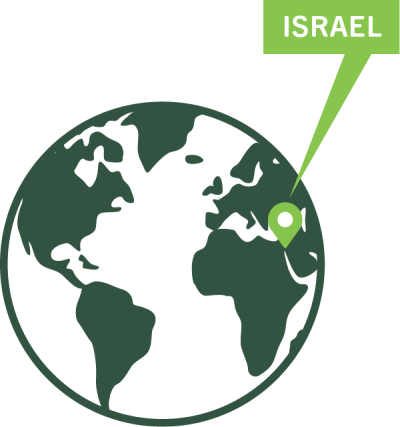
Success In Israel
Despite of low endowment of arable land (20%) and water – Israel produces 95% of its own food requirement. The country has been able to almost triple its farming land base and increase food production almost 16 times since 1948.
How are they doing it
Strong partnership between farmers, industry, and technological research. R&D = 17% of Israel’s agriculture budget. Key technology for water management and pest control. 450 companies involved in precision agriculture – data management and analytics.
